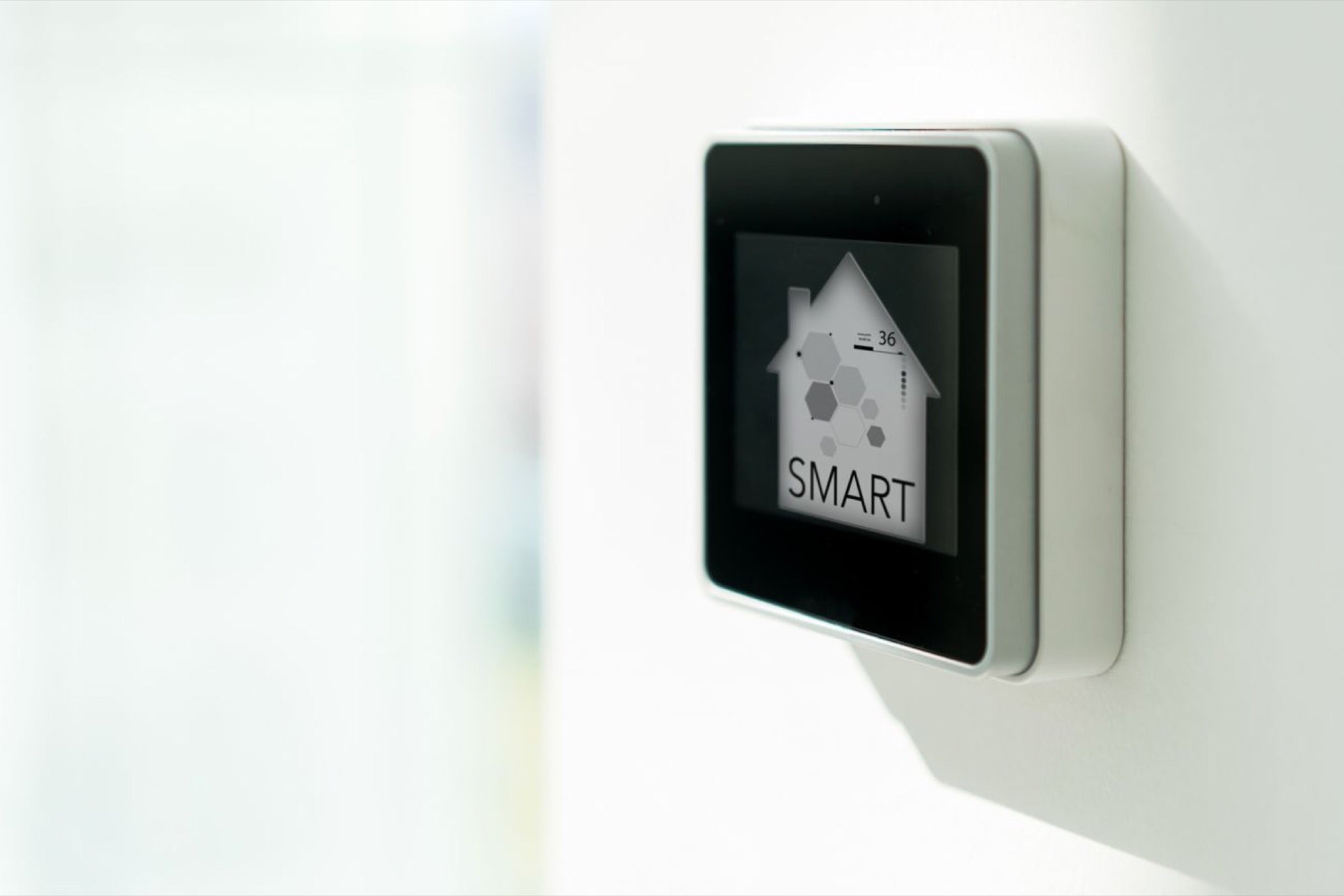Looking for a Smarter Home? Get Ready to Learn About Connectivity. Today's systems still have some evolving to do before consumers can be assured their devices will interact without hiccups.
By Eyal Ronen Edited by Dan Bova
Opinions expressed by Entrepreneur contributors are their own.

Picture this familiar scene: It's 5:30 p.m., and you're stuck in traffic. The freezing weather has you dreaming about sitting in your favorite armchair and eating freshly made chicken-noodle soup while you watch your favorite TV show in your perfectly heated living room -- with your family and best four-legged friend, of course.
The reality is somewhat different. Heavy traffic means you'll get home in two hours, if you're lucky. That's just enough time to heat up a can of soup and hope your water heater works quickly enough to get some hot water for your shower. Even if you bump up the thermostat as soon as you get home, it will take hours before you feel truly cozy. To top it all off, that Amazon package marked "delivered" is nowhere to be seen on your front step.
There's an alternative to this depressing scene, brought to you by smart technology.
Related: The Next Big Thing for Tech Entrepreneurs? 'Smart' Homes.
Consumers already have access to amazing products with the potential to improve lives. Remote-control and voice-activation devices are much more reliable than they were even a few years ago. And current tech's menu of smart devices and app-driven commands make it easier than ever to flip the script.
Try this, instead: It's 5:30 p.m., and you're leaving work. Your vehicle's smart navigation program has updated your route home to avoid traffic congestion. A quick app login lets you communicate with your smart thermostat so the whole house will be warm and welcoming when you arrive. Another tap, and your smart pot starts to heat up the soup while your automated dog feeder dispenses a treat to distract man's best friend.
The smart camera on your doorstep shows you the waiting Amazon package. And even though you forgot your key, the smart lock identifies you and the garage door opens as you pull onto your street. The icing on the cake? As you step into your home, your favorite Spotify playlist starts up and soothing lights illuminate your path.
Related: How the Internet of Things Inspired a New Startup Niche
Sound too good to be true? It's not.
The proliferation of smart consumer devices has made these life-improving tweaks not only available but affordable. That isn't to say creating a smart home is without its challenges. The products still depend on often complex installation, suffer from connectivity issues and require too many interfaces to control.
You need a plan.
No doubt your email inbox, web browser and social-media feeds are flooded with ads about new "smart" products. In the rush to communicate the benefits, device manufacturers can be tempted to skim over the logistics. This risks disappointing any consumers who envisioned a connected future but instead got devices that do nothing but play music on demand and recite weather forecasts when prompted.
The key to linking devices through viable technology is enabling all the products to speak to one another -- communicating on a single system with a single set of controls for the user. Unfortunately, we're not there yet. Apple's Homekit, Samsung's Smartthings and Amazon's Echo/Alexa platform bring us closer. But companies still make quite an ask of consumers, who are left to hire professionals or figure out on their own whether their new Ikea lamps will speak the same language as their Google Home setups.
Smart devices will become more relevant only when they are easy to install, easier to control and more intuitive to integrate.
Related: Is Apple Losing the Smart Home Battle?
What's next?
Experts hold many different theories on how smart homes will look in the near future -- from appliances or pantries that order groceries to connected heating, cooling and lighting systems that adjust based on your power consumption. Could there come a day when our smart security system "decides" who is safe to let in by running a facial-recognition scan? If so, can we customize it so the housekeeper gains access only on Tuesday mornings and deliveries can be made only during a certain time block each afternoon?
Related: Stay Cool: LG Smart InstaView Refrigerator
Smart devices are beginning to integrate themselves in our daily lives. They're no longer just for early adopters. As these systems continue to evolve and communicate with one another more efficiently, it's not much of a stretch to imagine they'll be standard for every new home. The next phase has begun: from physical to electric to automatic to smart to artificial intelligence.











